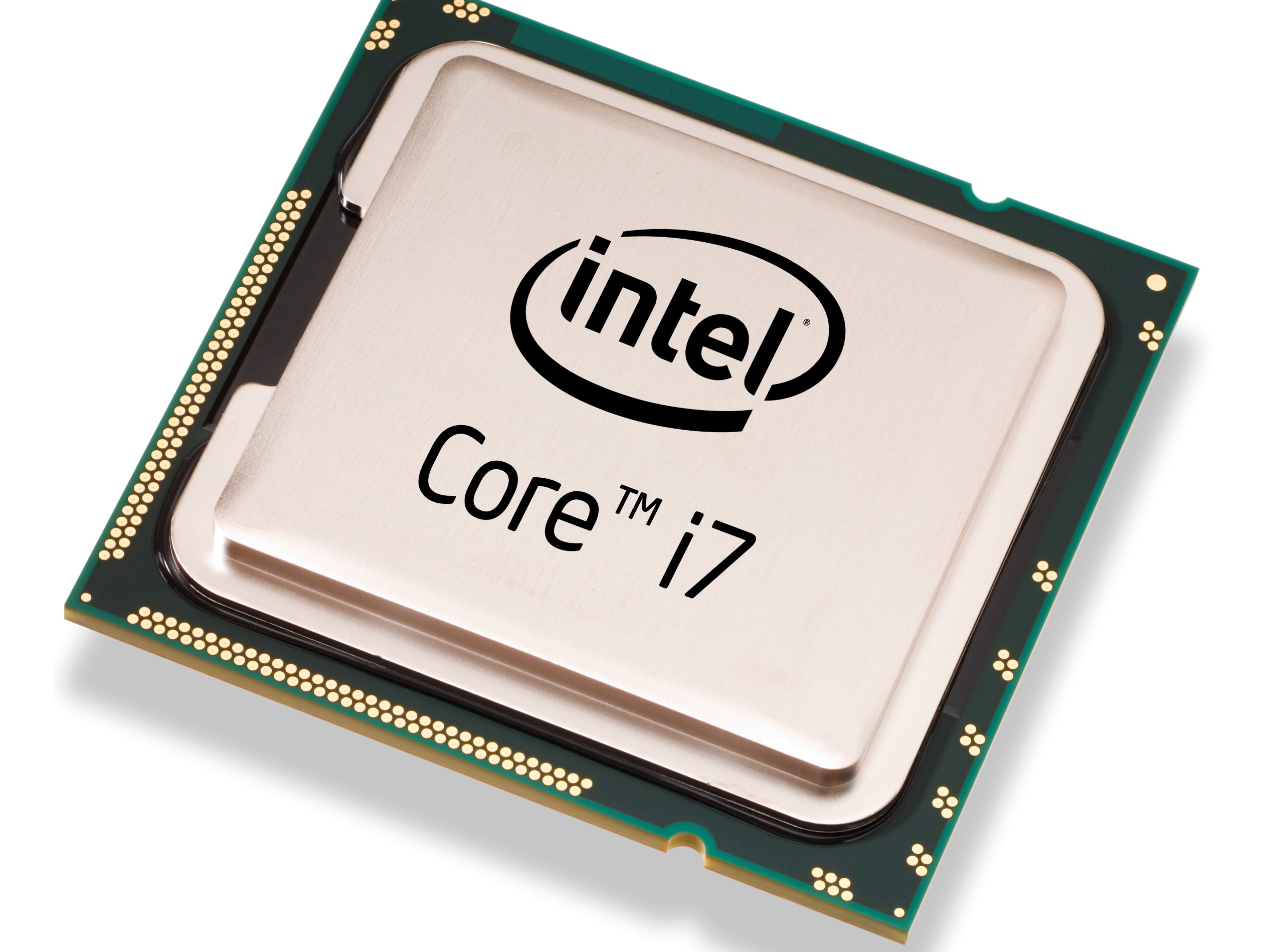Intel responds to EC's anti-trust ruling
Chipmaker states: 'AMD's claims are false'

Intel has issued a detailed statement regarding the recent European Commission's ruling that it has been engaged in illegal practices to halt the sale of rival AMD's products.
It states that it intends to dig through the findings (ie likely to appeal and delay the payment) and also maintains its belief that AMD's complaint, from 2001, is in itself false:
"Intel has been informed of the Commission's Final Decision and Order in a matter instigated by Intel's largest competitor almost 10 years ago.
"The predicate for this investigation in 2001 was that Intel's conduct would result in the demise of that competitor if not regulated. Eight years later, our competitor, and the sole complainant in this case is alive, healthy, and claims to be expanding its business.
"Moreover, in real terms, the cost of the products over which Intel is claimed to exercise monopoly power has fallen faster than that of any other of the 1,200 products tracked by the US government.
"Against this backdrop, the Competition Authority today determined that Intel has violated the EC's antitrust laws, and ordered Intel to modify certain alleged sales and pricing practices. We take great exception to the conclusions reflected in this Final Decision and we are dismayed that in a time of such acute economic turmoil the Competition Authorities have seen fit to intervene in what is by all objective measures an innovative, dynamic and competitive market.
"The basic allegation against Intel is that it used lower prices, in the form of rebates, to prevent customers from buying or supporting AMD, or to punish customers when they did so.
Get daily insight, inspiration and deals in your inbox
Sign up for breaking news, reviews, opinion, top tech deals, and more.
False
"Such claims are false. Intel has never required a customer to agree not to buy from AMD in order to obtain a discount, nor raised a customer's prices when it decided to buy from AMD.
"Like every company Intel competes to win as much business as it can, and every time Intel wins a sale, or secures preferential marketing terms, one of our competitors loses out on that sale or marketing relationship.
"This is the essence of true competition. Intel provides incentives for customers to purchase our products and for customers to promote our products -- incentives which can and have been matched by AMD at various times in the past.
"Intel believes that consumers benefit from lower prices. Regulations should not prevent one company, no matter how large that company is, from offering discounts or providing incentives. Today the part that Intel might sell to computer maker for €10 provides the same computing power that in 2000, when this case began, would have cost more than €1000.
"Furthermore, innovation abounds - today's computing is an on-the-go experience with ubiquitous Internet connectivity, 21st century graphics, extended battery life; all at a much lower price. Intel believes this is good for consumers.
Respect
"With respect to the fine imposed by the Competition Authority I will only say that the amount is arbitrary. It bears no relationship to any actual or proven harm or injury. But, so be it. Intel's response will be as it has always been. We will respect the proper administration of justice within the EC.
"We will comply with all appropriate measures to secure an undertaking in the amount of the fine, and we will defend ourselves vigorously by appealing this matter to the Court of First Instance.
"I should mention at the outset that we have only been provided with a summary of the final decision, and that we have only had that for a little less than an hour.We have been told that the final decision itself is dense.
"We will be working through it as soon as we are given a copy, but we will likely need a little while longer to fully understand the basis, or lack thereof, for any particular finding or order."

Gareth has been part of the consumer technology world in a career spanning three decades. He started life as a staff writer on the fledgling TechRadar, and has grew with the site (primarily as phones, tablets and wearables editor) until becoming Global Editor in Chief in 2018. Gareth has written over 4,000 articles for TechRadar, has contributed expert insight to a number of other publications, chaired panels on zeitgeist technologies, presented at the Gadget Show Live as well as representing the brand on TV and radio for multiple channels including Sky, BBC, ITV and Al-Jazeera. Passionate about fitness, he can bore anyone rigid about stress management, sleep tracking, heart rate variance as well as bemoaning something about the latest iPhone, Galaxy or OLED TV.